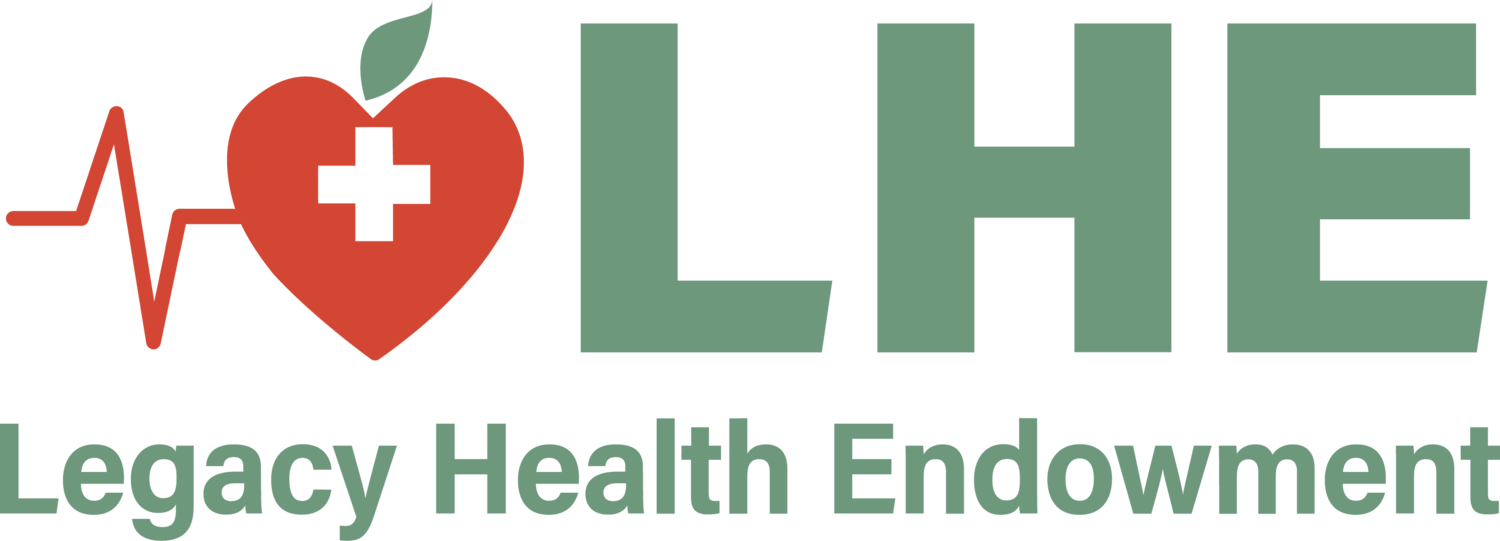How to support student mental health? Turlock-based foundation starts with superintendents
Denair Unified School District Superintendent Terry Metzger said she received positive feedback from employees who thanked her for offering mental health resources during the pandemic.
Superintendent Brenda Smith said she was conscious of how her leadership during the COVID-19 pandemic would affect staff and students at Hughson Unified School District.
“I knew people were going to react to my stress,” she said. “If I could stay calm and make good decisions and be at my best, I could be a better leader.”
Smith was one of 11 school leaders in Stanislaus and Merced counties to participate in free performance coaching funded by Turlock-based Legacy Health Endowment. The participants said focusing on their own wellness over the second half of 2020 was crucial to navigating the high-stakes decisions on their desks and helped them create positive environments at a time when teachers across the country reported feeling high levels of burnout and low morale.
“If we are all strong, then we’re there for the students in a strong way,” Smith said. Legacy Health Endowment and EMC Health Foundation CEO Jeffrey Lewis said he hopes this work will become a model for how to strengthen school infrastructure. Though the personal effects on school leaders have trickled throughout their schools, grants from Lewis’ foundations also have helped expand resources to management teams, teachers, counselors and students.
“You’ve got to tackle the whole system,” he said.
PERSONAL, PROFESSIONAL SUPPORT
Lewis connected with Lauren Hodges, a performance coach in Florida, to provide one-on-one coaching to school leaders in Denair, Hughson, Gustine and Patterson.
EMC Health Foundation paid Hodges $11,220 for her work with school superintendents and administrators, according to numbers provided by Lewis. Hodges said she charges $150-$200 per hour of coaching.
Through weekly calls, she encouraged the school leaders to set small, actionable goals that could improve their ability to deal with stress. The goals tied to their personal values and sense of purpose, which she worked with them to clarify.
Hodges said she saw superintendents start to believe they could control their stress levels and manage the demands placed on them. They increased their self-efficacy, or perceived ability to finish a task.
Overall, participants in her program showed a 20% average improvement in perceived happiness and ability to manage stress, she said.
“We’re not making any decisions for them,” Hodges said, “but we’re certainly equipping them with the energy and the clarity of mind to get there.”
Denair Unified School District Superintendent Terry Metzger said working with Hodges helped her sleep better, which made her sharper during the day; gave her more motivation to exercise, which made her more positive; and taught her to recognize stress patterns, which helped her work more effectively with her management team.
“We bring everything into our leadership, and that includes our personal lives and our personal well-being,” Metzger said. “So in the end, tackling my personal health and well-being really was a game changer.”
She said she received positive feedback from employees who thanked her for focusing on their mental health, and her district had little turnover: three teacher openings in the spring, and two since.
EXPANDING SUPPORT THROUGHOUT SCHOOL SYSTEM
Seeing the positive effects of the coaching, Lewis and the superintendents began expanding those supports to teachers and counselors. Hodges led webinars and one-on-one coaching sessions for teachers in Denair and Hughson.
Legacy Health Endowment paid $30,000 for child and adolescent psychiatrist Dr. Neha Chaudhary to train Denair counselors on signs of mental health struggles and best ways to approach mental health conversations with students.
“This is a group that often gets lost, sent off to work in silos without much support, despite working with kids through some of the most challenging situations and conditions,” Chaudhary said in an email.
The tools counselors gained from working with Chaudhary will be especially critical when students return to school in August, Metzger said.
Young people have reported experiencing higher rates of anxiety and depression during the pandemic. A CDC study found the proportion of mental health-related visits to emergency departments in 2020 increased 31% among 12- to 17-year-olds and 24% among 5- to 11-year-olds compared to 2019.
In a pre/post survey of staff, Metzger said 50% of respondents said they thought they were well equipped to help with student mental health after working with Chaudhary, compared to 31% before.
Chaudhary also created informational Facebook videos on topics such as anxiety and depression, followed by online chats where parents could ask questions about their children.
“Parents were looking for actionable tips on what to do to help their children, not just someone to tell them that something’s wrong and then leave them to figure it out themselves,” Chaudhary said in an email.
In the fall, Chaudhary will lead seminars required of all sixth- through 12th-grade students in Denair — the first time the district has integrated mental health topics into curriculum, Metzger said.
EMC Health Foundation also funded a telehealth provider, Hazel Health, in Denair and Hughson so students could access no-cost healthcare online throughout the pandemic.
“If we want our students to be academically successful, then we’ve got to make sure that they’re socially, emotionally, behaviorally successful,” Metzger said.
Denair Unified School District Superintendent Terry Metzger meets with Jeffrey Lewis, CEO of Legacy Health Endowment and EMC Health Foundation. DENAIR SCHOOL DISTRICT



